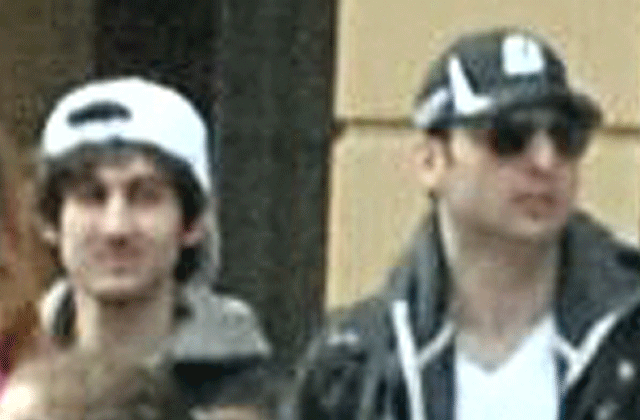
Makhachkala, Russia: Tamerlan Tsarnaev had already found religion by the time he landed in Dagestan, a combustible region in the North Caucasus that has become the epicentre of violent Islamic insurgency in Russia and a hub of jihadist recruitment. What he seemed to be yearning for was a home.
“When he came, he talked about religion,” said his aunt, Patimat Suleimanova, who saw him a few days after he arrived in January 2012.
It was 15 months before Tsarnaev would be killed during a wild, bloody standoff with the police, who believe he and his younger brother planted deadly bombs near the finish line of the Boston Marathon.
He flew in to the airport here in Makhachkala, where the plate-glass windows of the arrival hall frame a mosque with twin minarets stretching skyward. He had already given up drinking alcohol, grown a close beard and become more devout, praying five times a day.
The reunion with his aunt and uncle in their third-floor apartment on Timiryazeva Street was a happy one, marked by contrasts with his life in America. “He said, The people here are completely different. They pray different,”’ Suleimanova recalled in an interview Saturday.
”Listen to the call to prayer — the azan — that they play from the mosque,” Tsarnaev said, according to his aunt. “It makes me so happy, to hear it from all sides, that you can always hear it — it makes me want to go to the mosque.”
”What, you can’t hear the mosques there in America?” she recalled asking, and he replied, “Something like that.”Tsarnaev stayed for six months in Makhachkala, the capital of Dagestan, where he had spent most of his teenage years and where his parents had returned to live after several years in the United States. Those six months have become a focus for investigators who are trying to understand why he and his brother might have carried out the attack in Boston, and especially, whether they were connected to any organized terrorist network.
But the emerging portrait of Tamerlan Tsarnaev’s time here seems inside out. Dagestan, which is known for growing and exporting terrorists like those who carried out the deadly 2010 bombings in the Moscow subways, seems in this case to have been a way station for a young man whose path began and ended somewhere else.
On Sunday, the most feared terrorist group in the Caucasus, the Mujahideen of the Caucasus Emirate, issued a statement dismissing speculation that Tsarnaev had joined them and denying any responsibility for the Boston Marathon attack. “The Mujahideen of the Caucasus are not fighting against the United States of America,” the statement said. “We are at war with Russia, which is not only responsible for the occupation of the Caucasus but also for heinous crimes against Muslims.”
This continuing strife between Islamic militants and the Russian authorities receives little attention outside Russia, but it has yielded a long string of terror attacks, many of them in Dagestan, that have caused many more deaths than the three in Boston. It is a cycle of bloodshed that Tsarnaev would have experienced close at hand when he was living here.
Yet, during his six months in Makhachkala, according to relatives, neighbors and friends, he did not seem like a man on a mission, or training for one. Rather, they said, he was more like a recent graduate who could not quite decide what to do with himself. He slept late, hung around at home, visited family and lent his father a hand renovating a storefront.
”The son helped his father,” Vyacheslav Kazakevich, a family friend, said in an interview. “They started at 8 in the morning. When I passed by, they were working on the inside of the store, laying tiles. He didn’t go anywhere; no friends came to see him. His father wanted to open a perfume shop.”
Even so, his life’s narrative had been one of constant motion. He was born in Kalmykia, a barren patch of Russian territory along the Caspian Sea. His family moved to Kyrgyzstan, an independent former Soviet republic in Central Asia, then to Chechnya, the turbulent republic in the Russian Federation that is his father’s ancestral home. Then to Dagestan. And then to America, where Tamerlan finished high school, married and had a daughter, now a toddler.
Wherever he went, though, he did not quite seem to fit in. He was a Chechen who had never really lived in Chechnya, a Russian citizen whose ancestors were viciously oppressed by the Russian government, a green-card holder in the US whose path to citizenship there seemed at least temporarily blocked.
Something, it seems, may have driven Tamerlan Tsarnaev to violence, and Russian news outlets have reported that investigators are looking into connections he may have had with mosques known to promote extremist views.
But relatives said they could not fathom how the boys they knew could be the terrorists who bombed the Boston Marathon. Their aunt, Patimat Suleimanova, said, “They couldn’t commit an act like this.”












